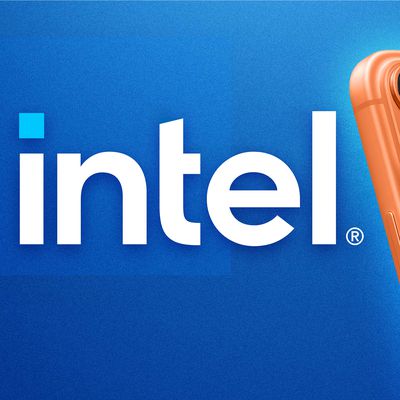
The Daily Telegraph reports that ARM Holdings, the design firm behind the processors used in Apple's iPhone OS devices and the subject of recent rumors that Apple might be looking at an acquisition, has announced record sales, revenue, and profits for the first quarter of 2010. In particular, chief executive Warren East cited the iPhone and its stimulation of the entire smartphone industry as key drivers for ARM's growth, and pointed to the iPad as another opportunity for the company.
"The iPhone acted as a great stimulus to encourage competitors to develop products to beat the iPhone," he said. "The iPad looks like it has set the competitive bar again, and will stimulate people to do a lot of other creative things."
The report also notes that East "dismissed" the rumors of an Apple buyout, following up on comments he made last week arguing against the need for Apple or any other company to make an acquisition.
Research firm iSuppli yesterday also released its own fact sheet on the Apple-ARM situation, outlining several reasons why an acquisition of ARM makes little strategic sense for Apple.
"Just because ARM's IP plays an important role in mobile devices, that doesn't necessarily mean ARM is of strategic value to Apple," said William Kidd, director and principal analyst, financial services for iSuppli. "iSuppli thinks ARM would represent a costly acquisition with little in the way of true strategic benefits. The acquisition would not give Apple's products a competitive edge/differentiating value. iSuppli also doesn't buy into prevailing speculation that there could be significant value in denying other competitors access to ARM's IP, since the majority of the impact would be felt by companies like Broadcom, Samsung and Texas Instruments, which are not exactly Apple's biggest rivals. In any case, there would be no visible end-market impact seen for two years at a minimum.
iSuppli also expects that other bidders would be likely to appear should Apple make a serious effort at acquiring ARM, as many chipmakers rely on ARM's technology, which would be difficult, time-consuming, and expensive to shift away from, and fear Apple's "inward-looking corporate style" could inhibit the freedom they currently have to work off of ARM's designs.























